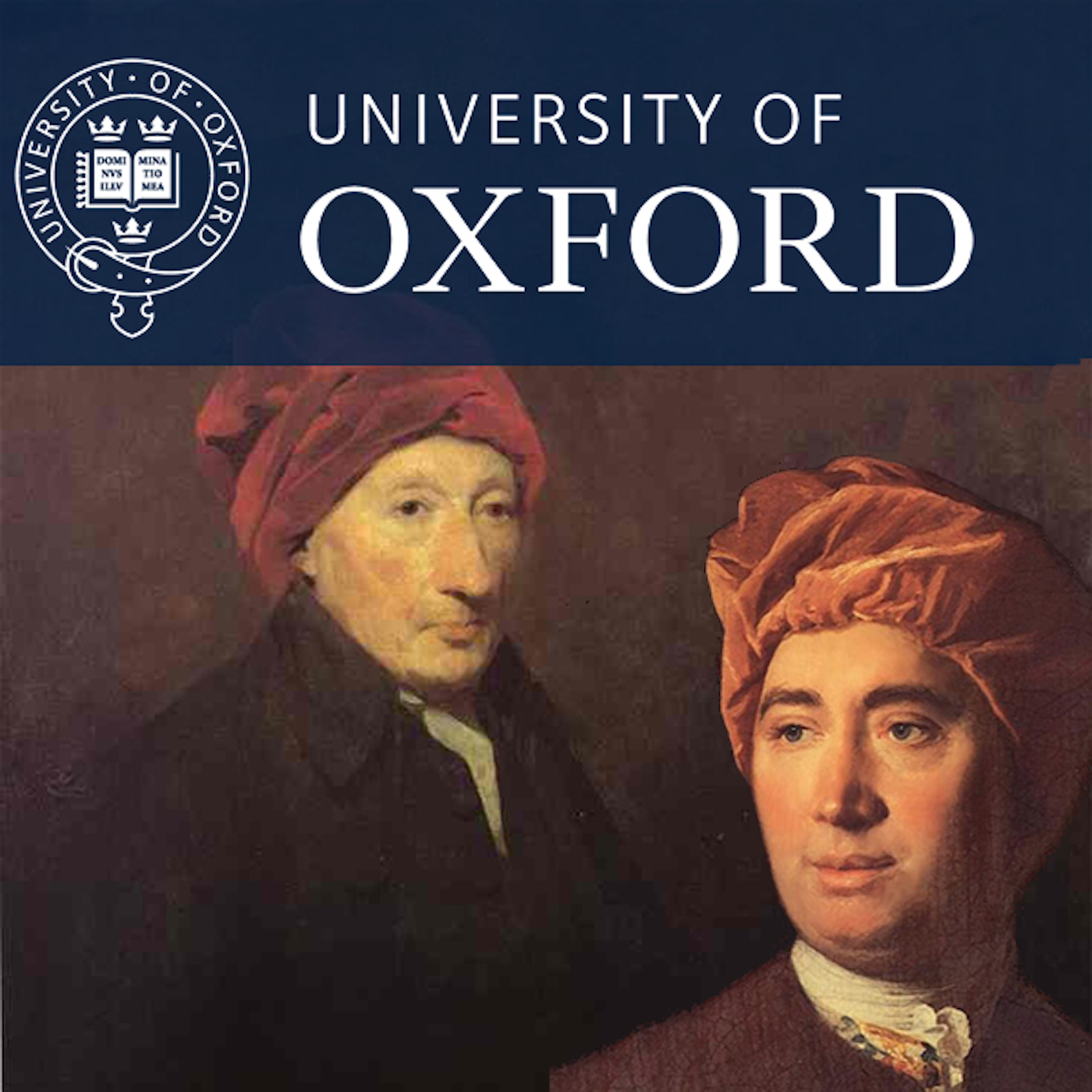Reid on the Principles of Morals
Description
The final part of Professor Dan Robinson's series on Reid's critique of David Hume. “Like all other sciences, morals must have first principles, and all moral reasoning is based on them... In all rational belief, the thing believed is either a first principle or something inferred by valid reasoning from first principles”. As for utility, “Suppose that mice rescue the distressed person by chewing through the cords that bound him. Is there moral goodness in this act of the mice?” Beyond the armchair and other precincts of untrammeled speculation, one finds that, there is little purchase on a morality of pleasure and utility. Indded, “If what we call ‘moral judgment’ isn’t really a judgment but merely a feeling, it follows that the moral principles that we have been taught to consider as an immutable law to all intelligent beings have no basis except an arbitrary structure and fabric in the constitution of the human mind…Thus, by a change in our structure immoral things could become moral…There are beings who can’t perceive mathematical truths; but no defect, no error of understanding, can make what is true to be false”.
Creative Commons Attribution-Non-Commercial-Share Alike 2.0 UK: England & Wales; http://creativecommons.org/licenses/by-nc-sa/2.0/uk/
More Episodes
The seventh part of Professor Dan Robinson's series on Reid's critique of David Hume. In his Enquiry Concerning the Principles of Morals [1751], Hume states: “The final sentence, it is probable, which pronounces characters and actions amiable or odious, praise-worthy or blameable; that which...
Published 05/14/14
The sixth part of Professor Dan Robinson's series on Reid's critique of David Hume. In the third of his Essays on The Intellectual Powers of Man, Reid devotes the fourth chapter to the concept of 'identity', and the sixth chapter to Locke's theory of 'personal identity'. This latter chapter is...
Published 05/14/14
The fifth part of Professor Dan Robinson's series on Reid's critique of David Hume. “There are some philosophers who imagine we are every moment intimately conscious of what we call our self; that we feel its existence and its continuance in existence; and are certain, beyond the evidence of a...
Published 05/14/14


